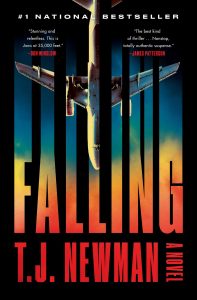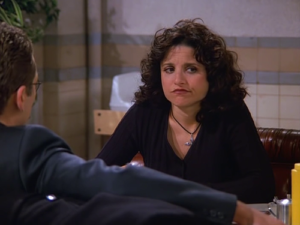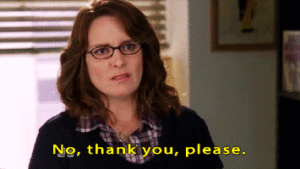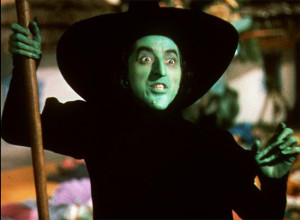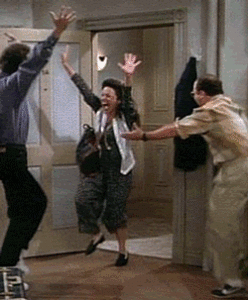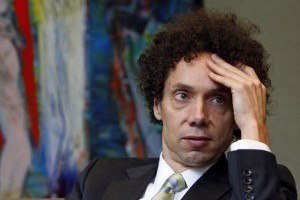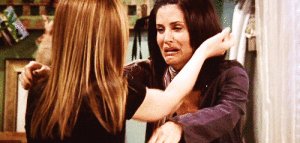I was eager to read the airplane thriller Falling because I’d been watching terrific movies set in the air: Red Eye, Executive Decision, Air Force One, Flight Plan, and Non-Stop. I also re-read Chris Bohjalian’s dazzling, beautifully written thriller The Flight Attendant.
So I wanted to love Falling, but the book falls flat again and again despite the insane hoopla it’s been generating.
As the crime fiction reviewer for the Detroit Free Press, I often saw my fellow reviewers across the country rave about books that were badly written. Sometimes they even admitted as much, or came close to it, but shrugged off indifferent or even dreadful prose because they liked the plot. Their cascading kudos, plus blurbs from best-selling authors and good packaging, could easily make a bad book successful.
That seems to have happened with T.J. Newman’s debut thriller about a pilot being given the choice by a terrorist to crash his plane or have his family killed. The book has a beautiful cover but goes wrong in the very first chapter when the author grossly cheats her readers: the nightmarish flight she describes is only a nightmare. That’s an amateurish mistake a conscientious editor should have warned her to avoid.
The frantic shifts in the opening chapter from one character to another are just as wrong-headed, and even worse, there are lines that need to be re-read because they don’t immediately make sense. Despite a slew of blurbs from writers like Stephen King, Ian Rankin, and Diana Gabaldon, this book is marred by writing that’s either weak, confused, ungrammatical, or trying too hard. Here are some examples:
Jo immediately understood why Big Daddy had failed to put a finger on the man’s essence. He had an intangible mysteriousness, a mercurial quality of shadow.
Carrie stared at the floor. The kettle began to screech and she shut off the burner. The noise gradually softened until it was only the clock making noise again.
Turning it clockwise, yellow digital numbers descended toward the new frequency.
Lying at Bill’s feet, broken and bloodied, her jaw hung open but no words came.
The author also doesn’t seem to know what “residue” means or the difference between “definite” and “definitive”–among other problems with diction.
The story’s momentum is damaged by sometimes pointless flashbacks, one of which is three pages long. Aspects of the plot don’t always make sense either, and that’s even more problematic. Would a mother with young children let in a repairman who shows up unexpectedly without an ID–and then offer him tea? And it’s unbelievable that her husband sees this man at home but a few hours later doesn’t recognize him on a video call.
Perhaps the strangest element is the author’s relentless attempt to humanize the terrorists, whose reason for choosing this particular pilot is never really clear. Almost as screwed up: the baseball players at targeted Yankee Stadium decide to keep playing even when they’ve been warned to evacuate because the plane is headed their way.
Ten years as a flight attendant have given the author deep knowledge about planes and on-board protocols, but she overdoes the details at times, adding to the book’s overall weakness. It’s not entirely her fault, of course. Knowing that Falling had been rejected by 41 agents, her publisher should have given the book the editing it badly needed. They didn’t, which is either careless, cynical, or both.
Lev Raphael is the prize-winning author of 27 books in genres from memoir to mystery and has been a newspaper, online, and radio book reviewer for over twenty years.

